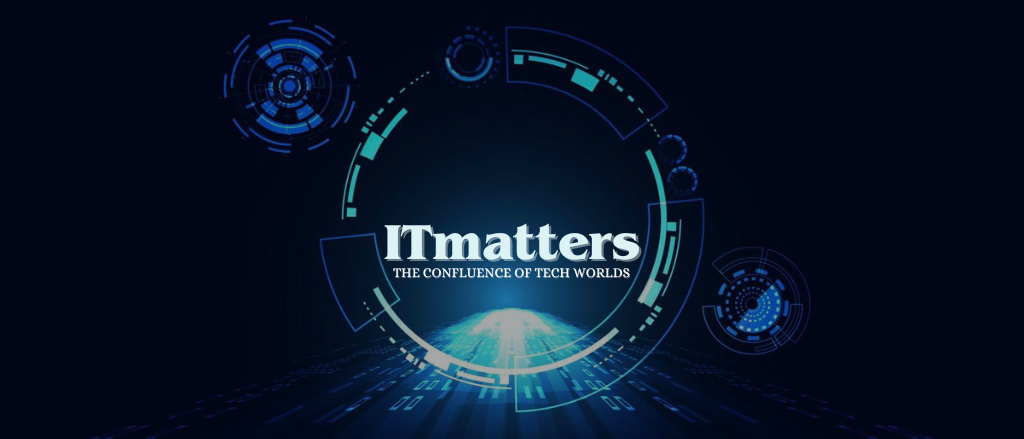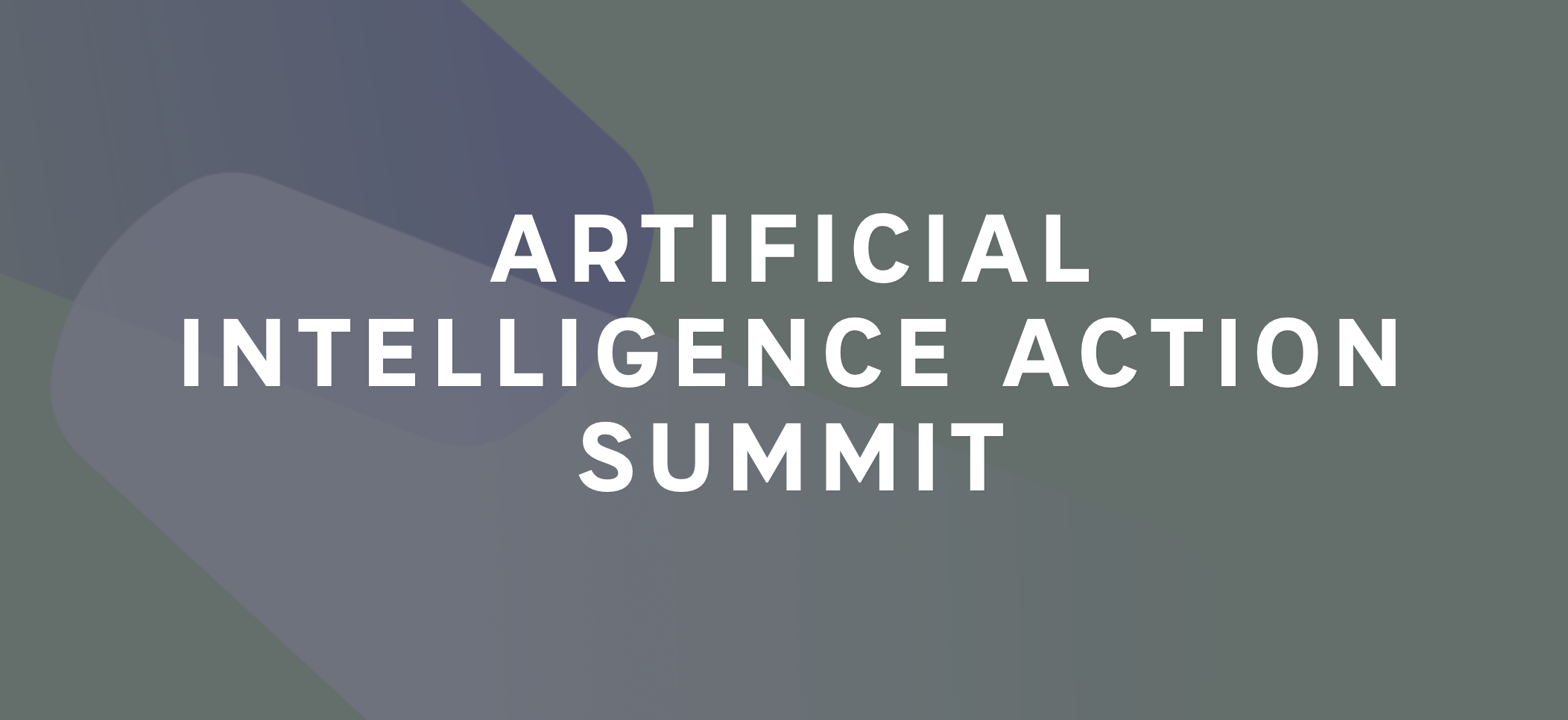The geopolitics of artificial intelligence will be front and center at the AI Paris Summit, where world leaders, tech executives, and experts will convene to shape the future of AI. But behind the polished speeches and diplomatic niceties lies an intensifying AI race, where global powers are vying for technological supremacy.
A Summit at a Pivotal Moment
French President Emmanuel Macron and Indian Prime Minister Narendra Modi are hosting this high-stakes meeting, where U.S. Vice President JD Vance will make his first official overseas visit. Meanwhile, China’s President Xi Jinping is sending his special envoy, signaling Beijing’s heightened interest in AI governance. Other notable attendees include European Commission President Ursula von der Leyen, OpenAI CEO Sam Altman, Google CEO Sundar Pichai, and Microsoft President Brad Smith.
Following previous AI governance discussions in the U.K. and South Korea, this summit comes at a critical inflection point. China’s DeepSeek chatbot—an affordable and sophisticated AI model—is shaking up the industry, while the U.S. and Europe struggle to balance innovation with regulatory oversight. But the pressing question remains: Will this summit produce meaningful action, or is it just another round of political posturing?
What’s at Stake? The Expanding AI Battlefield
Since the debut of ChatGPT, generative AI has advanced at a breakneck pace, fundamentally reshaping industries and societies. Yet, global regulation remains fragmented. The Paris Summit is an attempt to bring order to this chaos, but the likelihood of binding agreements remains slim.
AI Safety & Regulation: While previous summits led to non-binding pledges, this one aims to address AI’s existential risks and extreme dangers. However, given the competing interests of major powers, a consensus on AI safety measures remains elusive.
Weaponization of AI: A growing concern is AI’s potential use in warfare and autonomous weaponry. As AI-powered military technologies become more advanced, the risk of geopolitical conflicts escalating through AI-driven warfare is rising.
AI and Economic Power: The AI arms race is not just about technology but economic dominance. With China’s DeepSeek model proving that high-quality AI can be developed at a fraction of the cost, the traditional AI giants—like OpenAI, Google, and Meta—are being forced to rethink their strategies.
The DeepSeek Disruption: China’s Rising AI Power
DeepSeek, launched last month, stunned the AI world with its impressive capabilities, challenging Western AI leaders like OpenAI and Google. Unlike its American counterparts, DeepSeek was developed with significantly lower costs and fewer computing resources, demonstrating China’s ability to innovate independently despite U.S. sanctions on advanced semiconductors.
Trump’s administration has already taken a hardline stance, calling DeepSeek a “wake-up call” for American tech firms. Allegations that DeepSeek trained its model on stolen OpenAI data have led to bans and investigations in the U.S. and allied nations. But France sees an opportunity: Macron’s AI strategy aligns with China’s push for open-source AI models, putting Paris at odds with Washington’s more protectionist stance.
Transatlantic Tensions: The U.S. vs. Europe on AI
The AI Paris Summit also highlights deep divisions between the U.S. and Europe on AI governance. Trump’s administration, which withdrew from the Paris climate agreement and dismantled Biden’s AI regulations, is prioritizing American dominance in AI with fewer restrictions.
The EU, on the other hand, has rolled out an AI Act with ambitious regulatory frameworks. But U.S. tech giants like Meta and Google are resisting, claiming the rules are “unworkable” and will stifle innovation. With Trump calling EU regulations a tax on American companies, the summit may further expose these transatlantic fractures.
Can the Paris Summit Deliver Anything Tangible?
Macron’s team is pushing for a joint declaration on ethical, democratic, and sustainable AI. A new initiative, “Current AI,” aims to raise $2.5 billion over five years to develop trusted AI resources. But will the U.S. and China sign on?
History suggests skepticism is warranted. The 2023 summit at Bletchley Park ended with a non-binding agreement that did little to slow the AI race. South Korea’s follow-up meeting yielded a pledge to establish public AI safety institutes, but enforcement remains weak.
Macron insists AI “cannot be the Wild West,” yet without binding commitments, the summit risks becoming another diplomatic showcase rather than a catalyst for real change.
The AI Race Continues
As global leaders gather in Paris, the world watches to see if genuine progress can be made in governing AI—or if the summit is just another round of grand speeches and empty promises. With the U.S. and China locked in a technological arms race and Europe struggling to assert its regulatory influence, the future of AI governance remains uncertain.
One thing is clear: the AI race isn’t slowing down, and this summit is just another chapter in an ongoing global battle for technological dominance.






